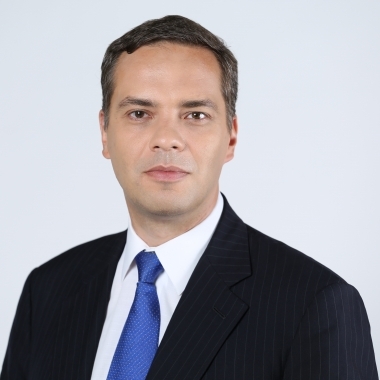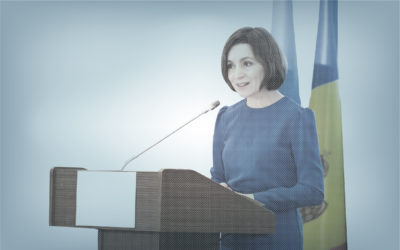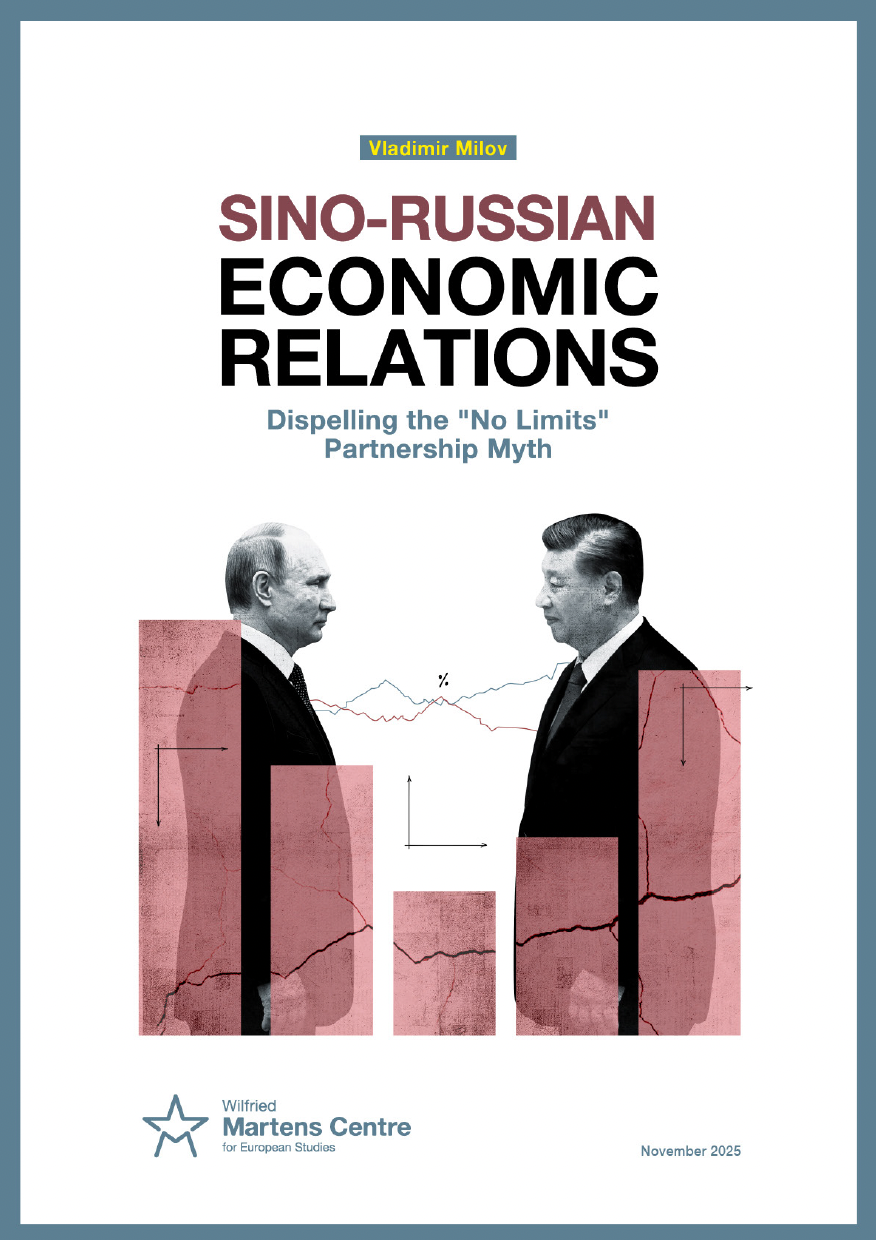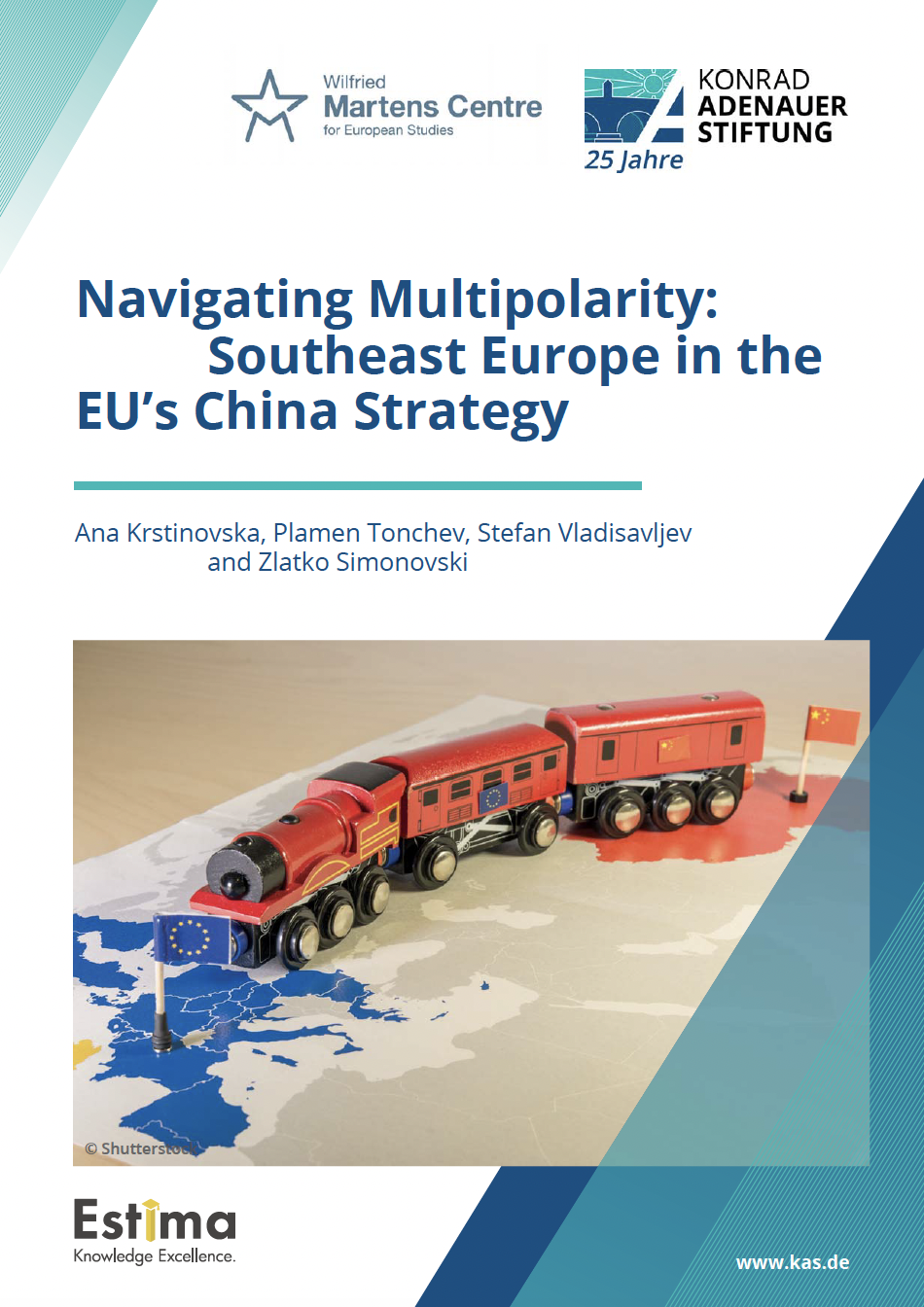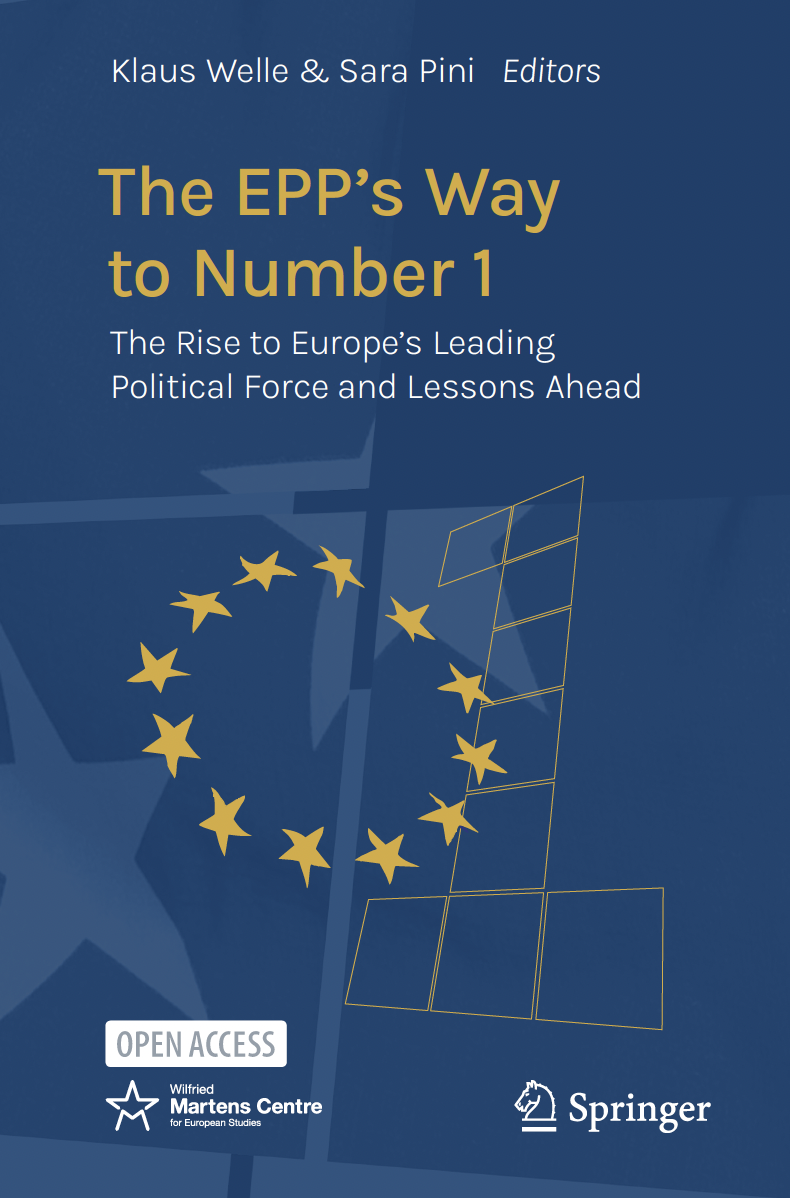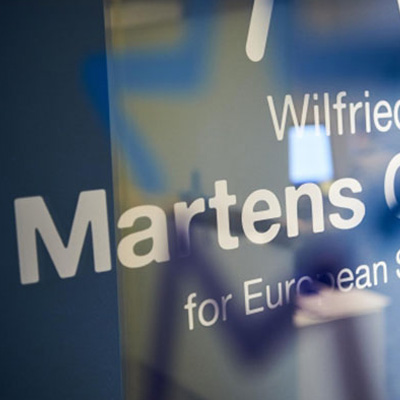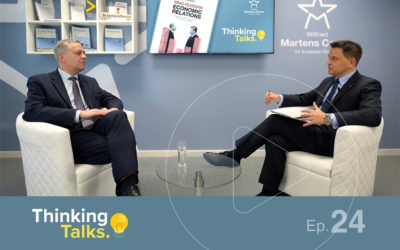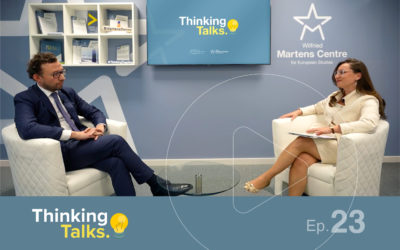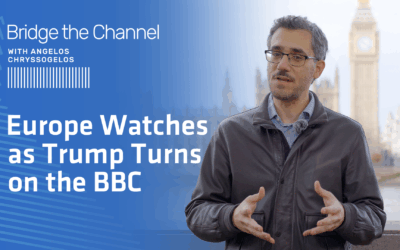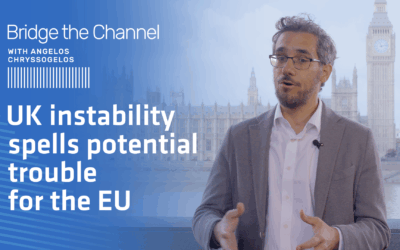Putin and the road to 2024: What happened?
16 January 2020
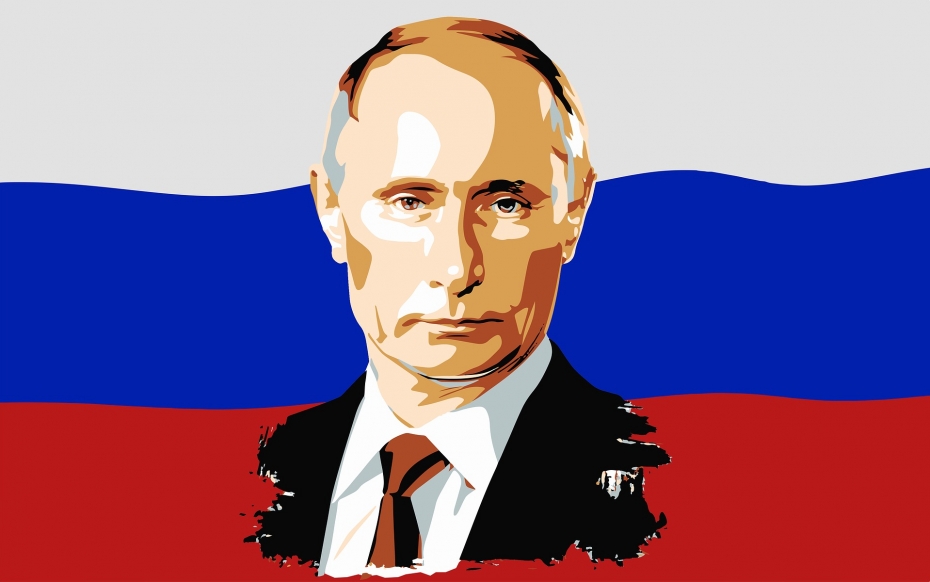
On January 15th, Vladimir Putin delivered a landmark address to the Russian Parliament, announcing changes to the Russian Constitution paving the way to shaping the post-2024 system of power, and dismissed Dmitry Medvedev’s cabinet, suggesting the new candidate for the position of Prime Minister for the first time since 2012. What happened and why did it happen now?
Why Putin made such major steps so early?
It is quite unusual for Putin to make such radical election-oriented steps four years before the expiration of his current Presidential term. Normally, his tactics were to keep his plan secret until about 2-3 months before the elections, to be able to catch his opponents off-guard and push his agenda through voters’ approval quickly, before its potential wears out. This happened in 2000, when Boris Yeltsin announced his early resignation to pave way for Putin’s Presidency; then in 2007, when Medvedev was announced Putin’s nominal seat-keeper successor three months before the March 2008 election; and further in 2011, when Putin’s comeback to power was announced two months before the State Duma elections. Why make such major steps now, when Putin still has a lot of time ahead?
One explanation is that Constitutional changes will take time to be adopted – but that still isn’t enough, because the current Constitutional majority of the ruling party and total control over the media allow Putin to adopt whatever changes he wants rather swiftly. The other odd thing is that there are no immediate reasons – neither economic nor political – to sack Dmitry Medvedev’s cabinet right now. Russia’s economy is not doing too well, but there’s nothing catastrophic happening either. The situation is hardly different from where it was months ago and where it is expected to be further into 2020: full-bodied stagnation, as described in economics books.
It may have made sense if only Putin had appointed a decisive reformist Prime Minister to reshuffle things and move the economy forward – but the candidacy suggested to replace Medvedev, the head of the Tax Revenue Service Mikhail Mishustin, is anything but that (a few more words on him below).
Politically, one would also expect that such an advantageous move as the sacking of the quite unpopular Medvedev would be tied to some kind of upcoming elections, but these are not on the immediate horizon (State Duma elections are only scheduled for September 2021, and there are no plans yet to move them earlier). The political effect of Medvedev’s sacking (which would most likely be approved by the majority of Russians) will rather quickly expire. So why throw everything at the table at once – Constitutional changes, sacking the Prime Minister, plus also announcing a major social spending package worth around $6,5-7,5 billion a year – while elections are quite far away?
The obvious answer is that Putin grows extremely worried about his plunging approval ratings and weakening political positions, and his nerve somehow shows up
It should also be noted that Putin’s moves came as a complete surprise to many top Russian officials. Russian media has even cited unnamed federal Ministers who admitted that Medvedev’s resignation came as a complete surprise to them. This corresponds to my own knowledge – I used to work in the Russian government and have a lot of contacts there, who confirmed to me the completely surprising nature of Putin’s decision on the cabinet’s fate.
The obvious answer is that Putin grows extremely worried about his plunging approval ratings and weakening political positions, and his nerve somehow shows up. An eye-opener was his annual December 2019 press conference, which was intended to be the usual show of popular support, but instead demonstrated the severe extent of society’s fatigue with Putin: even most of the questions from loyal media were about the country’s serious troubles instead of praising Putin’s leadership, and the commentary on social media was so overwhelmingly negative that Russian TV channels were forced to turn off comments and hide dislikes on Youtube broadcasts under pressure from Putin (the same thing happened with Youtube videos of his New Year’s address).
Looking at the broader context, another process which is happening in the background are the Kremlin’s preparations for the 2021 Duma elections, which shows a lot of panicking and desperation on the Presidential administration’s part. They seem to be in a desperate search for any fresh ideas and non-political celebrity recruits for the election campaign, ending up with such ridiculous moves as the recent announcement about the creation of a new political party led by the founder of the World of Tanks online game.
A solid, self-assured leader would definitely be rationing all the major steps that Putin made on Wednesday, gradually announcing them piece by piece on the pathway to 2024: Constitutional changes, Government reshuffle, major social aid packages. To throw them out all at once, way ahead of any elections, looks a bit like panic and desperation to me.
Act fast to prevent the disastrous political consequences
There are constant rumours circulating among the Russian power circles that the fresh “classified” opinion polling constantly done by the Kremlin shows that things are much too bad for Putin in terms of public opinion, such that he needs to somehow act fast to prevent the disastrous political consequences. It is also worth saying that the openly published polls also do not paint too bright a picture of him: his popularity is way down, and Russians are clearly unhappy about the situation in the country and disapprove most of the official policies.
Another sign that Putin may be getting nervous is the candidate for the new Prime Minister. Mikhail Mishustin is the anti-hero of the modern-day Russian economy, a true incarnation of The Beatles’ “Taxman” – he was essentially in the tax collection business for most of the past 20 years, and recent months were filled with headlines of him bragging about tax revenue collection growing by 10-12% year on year, despite a lack of economic growth (which essentially meant a dramatic increase of the tax burden on the economy through toughening tax collection administration).
Russians are clearly unhappy about the situation in the country and disapprove most of the official policies
FNS, or Tax Revenue Service headed by Mishustin, is arguably the most hated Government agency by Russian entrepreneurs, and high taxes and burdensome tax collection administration were always occupying the top positions in many recent surveys of business as key factors constraining economic growth. Mishustin was never known for any involvement in the forward-looking and reform-drafting business. He was always fully in the tax collection business. Most definitely, this appointment is not reassuring news for the Russian economy; it rather means further fiscal pressure.
So why appoint such a man? Arguably, the explanation is similar as to why the Government has been raising taxes and thus killing the economic growth, while at the same time the budget runs huge surpluses and has no immediate need for extra money. Putin is uncertain about the economic future and prefers to entrust Government to a man who guarantees him cash at hand – even at the expense of growth.
Essentially, the aura of Putin’s Wednesday speech was all about cash redistribution, not growth. He doesn’t seem to care about growth as such. Putin and the new Prime Minister-designate Mishustin are blood brothers in this regard.
Uncertainty and nervousness behind Putin’s actions
Uncertainty and nervousness. These are probably the keywords describing the whole set of Putin’s initiatives yesterday. The same goes for proposed Constitutional changes: despite many details announced, it is totally uncertain how the new system of power will work.
One thing is clear though: there will be no union with Belarus or any full-powered Putin successor as President, as Putin has deemed these scenarios too risky and challenging for his supremacy. He would prefer to stay in power beyond 2024 in a good old-fashioned Central Asian way, a replica of what his buddy Nursultan Nazarbayev did in 2019 – leaving the Presidential post, but retaining power in many ways. Putin has suggested various options to make that happen: we’ll see increased powers of the State Council (Gossovet, which he probably will chair beyond 2024), and more powers on forming the Government devolved to the State Duma.
Again, it is too early to see how all this will play out – we’re yet to see the draft Constitutional changes – but one thing is clear: Putin has proposed a shift from the current system, which is too centred on the powers of the President, to a more complicated system of checks and balances, which would allow him to retain power beyond 2024 in some new capacity (most likely as the Chair of Gossovet).
Which means he’s not going anywhere – at least by free will. We will have to get rid of him through political means – shifting the public opinion towards the support of the opposition, and participation in the parliamentary and presidential elections. More on that to follow – but Putin has just unveiled a plan to stay in power as lifetime leader.
ENJOYING THIS CONTENT?


